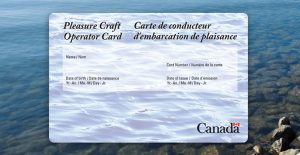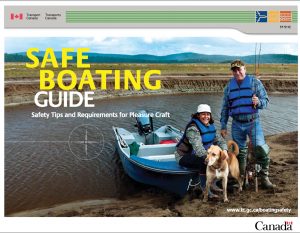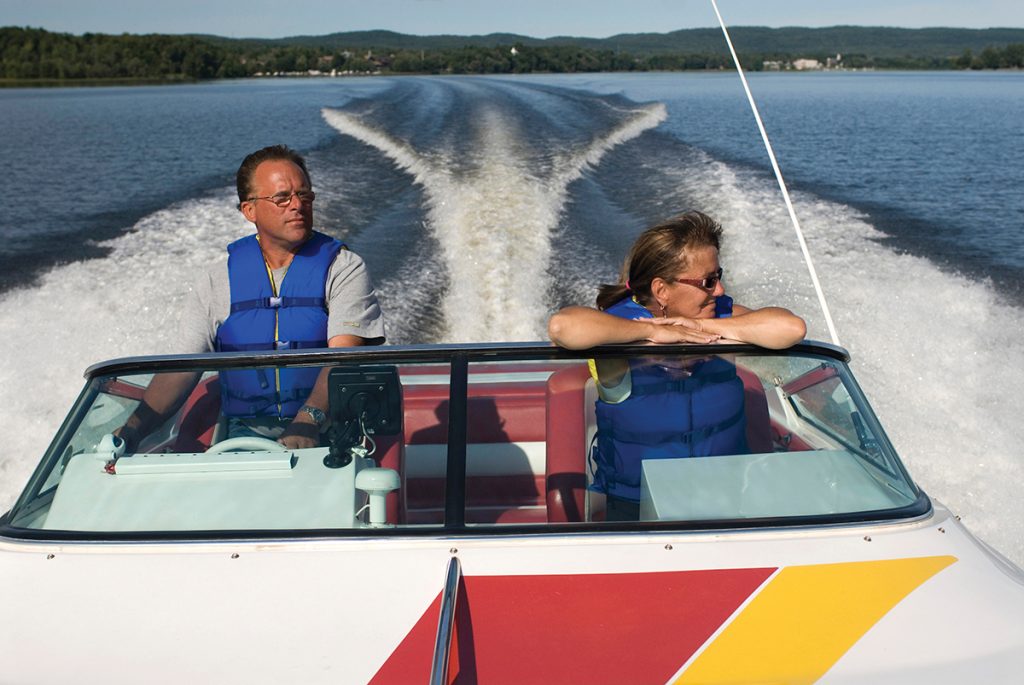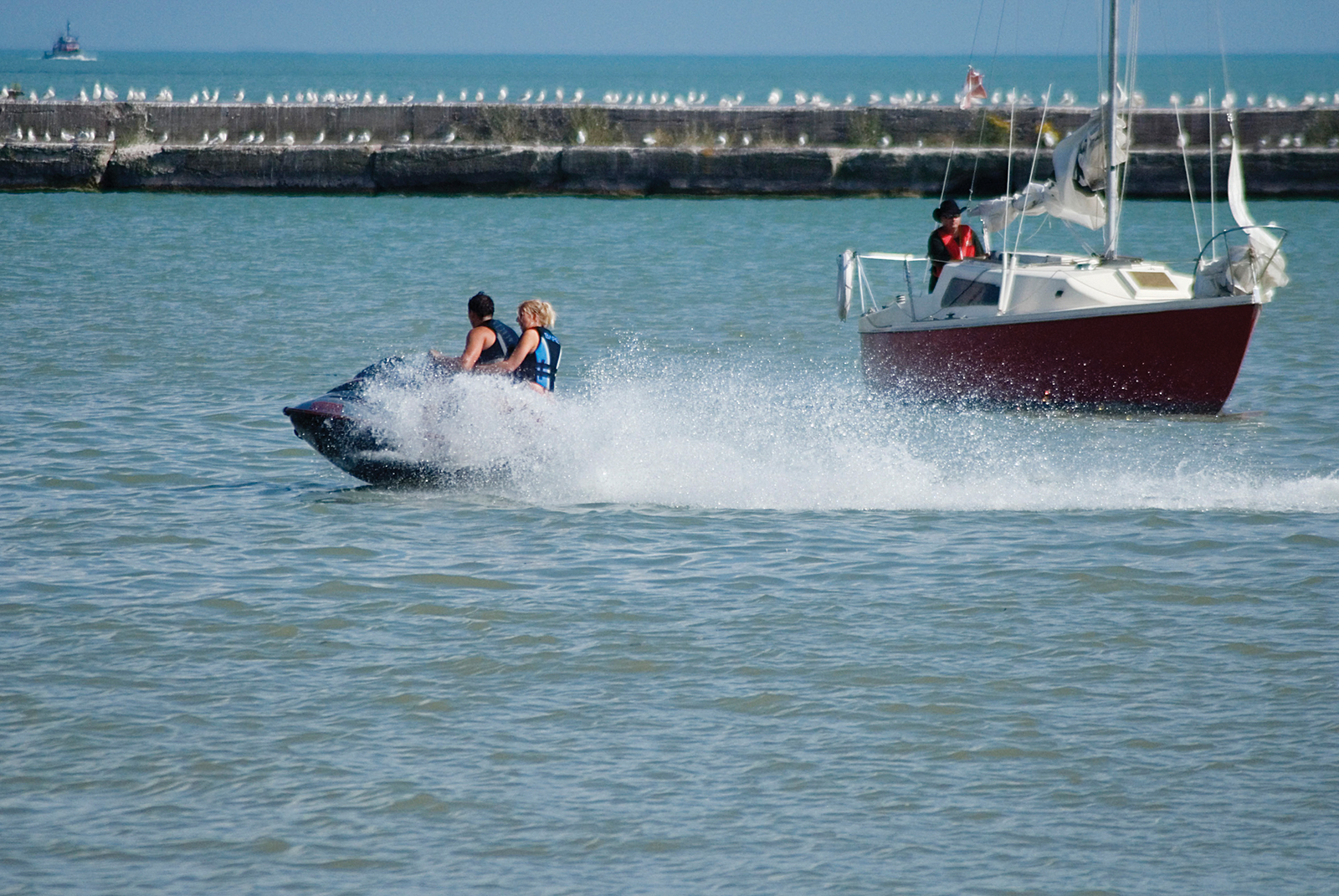Some boaters have the chance to sail all year round. In many places in Canada, however, the winter season forces pleasure boaters to set aside navigation activities for several months until spring or even early summer. In this context, here are some suggestions to keep you dreaming of the return of good weather while avoiding having to do everything at the last minute in the hope of arriving in time for the start of a great season.
By Transport Canada
Basic knowledge and proof of competency
New boaters using motorized boats should be aware that proof of competency is required when navigating all bodies of water in Canada, except for the Northwest Territories and Nunavut. This proof can take several forms:
- A Pleasure Craft Operator Card
- Proof that you successfully completed a boating safety course in Canada before April 1, 1999
- A specific marine certificate
- A completed “Rental Boat Safety Checklist”, which is valid only for the rental period specified in the form
If options 2, 3 and 4 do not apply to you, visit the Office of Boating Safety website (https://tc.canada.ca/en/marine-transportation/marine-safety/office-boating-safety) for the list of Transport Canada-approved course providers for your Pleasure Craft Operator Card. The services available range from online to classroom training. You will learn about the minimum equipment required on board, the appearance and meaning of buoys, the principles of sharing waterways, how to respond in an emergency and much more. Even though proof of competency is only required for motorboat users, there is nothing stopping you from obtaining it if you love sailboarding or using human-powered boats!
 Updates and other specialized training
Updates and other specialized training
If you already have basic navigation knowledge and are an experienced boater, the off-season is the perfect opportunity to improve your knowledge whether independently or through the services of specialized navigation course providers. Spend some time rereading your training materials, browse through the Safe Boating Guide (https://tc.canada.ca/sites/default/files/migrated/tp_511f.pdf) or follow the sound advice provided in specialized magazines such as this one.
Whether to enhance your knowledge or simply freshen your skills, keep in mind that some course providers offer training that goes far beyond the basic knowledge required to obtain a Pleasure Craft Operator Card. Consider courses in maritime meteorology, electricity, or maritime mechanics for example. Some engine maintenance courses can last several tens of hours and sometimes even practical workshops can last as long. Knowing the fundamentals of marine mechanics is always useful in the middle of a body of water, should problems arise.
For sea kayaking, canoeing or sail and wind enthusiasts, there are even specialized courses for you. Simply research course providers or sporting organizations to learn more. The price is well worth it! Good preparation will help you to feel more confident on the water and may save you from getting into trouble.
If you use a VHF marine radio on your boat, you must have a Restricted Operator Certificate (Marine) – CRO(M). Industry Canada delegated responsibility for this certificate to the Canadian Power and Sail Squadrons a few years ago. Visit their website to find out what courses are offered in your area.
 Essential documents
Essential documents
You must have your proof of competency with you at all times on the water. Make sure it’s in good condition and that all information is always legible. If not, use the winter season to get a replacement copy from your course provider. Following that, store your proof of competency in a secure place where it will not deteriorate over time.
Any owner of a pleasure craft with an engine of 10 hp or more (7.5 kW) must obtain a pleasure craft licence in addition to a proof of competency unless it is registered. The licence is a document that assigns a unique number to a boat and is valid for ten years. In the event of an emergency, the number assigned to the boat allows search and rescue people to permanently access information about the boat.
If you already own a boat, make sure your contact information is up to date, renew your licence as soon as you receive notice, and remember to transfer your licence if you have recently acquired a boat. All the necessary information and procedures for each point described can be found on the Office of Boating Safety website. Winter is an ideal time to obtain a new pleasure craft licence or update an existing one. The process is straightforward. However, if a supporting document is missing or a section of the form is incomplete, your application may be returned to you for correction, which may extend the processing time. Being proactive increases your chances of being ready and in compliance with the regulations when the season finally starts.
 Some boaters prefer to obtain a registration for their pleasure craft rather than a licence number. If you plan to use your boat outside of Canada’s borders, registering it can be advantageous. Indeed, since you will be required to show proof of ownership of your boat at the border, registration will simplify the process. To obtain a registration or to learn more about it, contact Transport Canada’s Vessel Registration Office at vr-ib@tc.gc.ca or call 1-877-242-8770.
Some boaters prefer to obtain a registration for their pleasure craft rather than a licence number. If you plan to use your boat outside of Canada’s borders, registering it can be advantageous. Indeed, since you will be required to show proof of ownership of your boat at the border, registration will simplify the process. To obtain a registration or to learn more about it, contact Transport Canada’s Vessel Registration Office at vr-ib@tc.gc.ca or call 1-877-242-8770.
In summary, when it comes to knowledge and required documentation on board a boat, it is always beneficial to take the necessary time during the off-season to ensure that you meet the regulatory requirements applicable to recreational boating before embarking on the water in the summer.
For more information on boating safety, contact Transport Canada’s Office of Boating Safety at obs-bsn@tc.gc.ca or call 1-800-267-6687.
Keyword : boating safety, marine certificate, pleasure craft operator card, renew your boat licence, Transport Canada, Transport Canada's Vessel Registration Office boating safety, marine certificate, pleasure craft operator card, renew your boat licence, Transport Canada, Transport Canada's Vessel Registration Office
